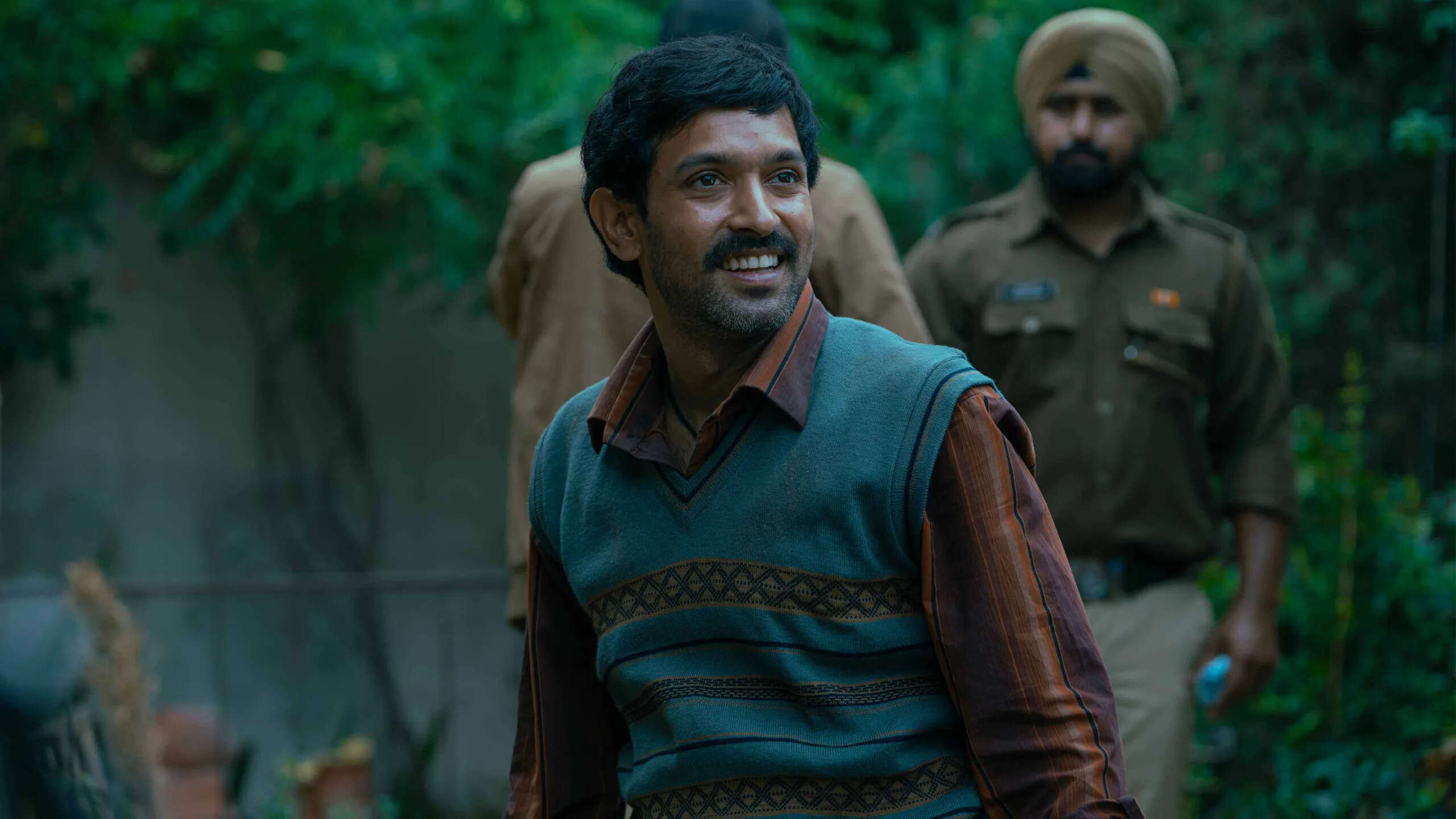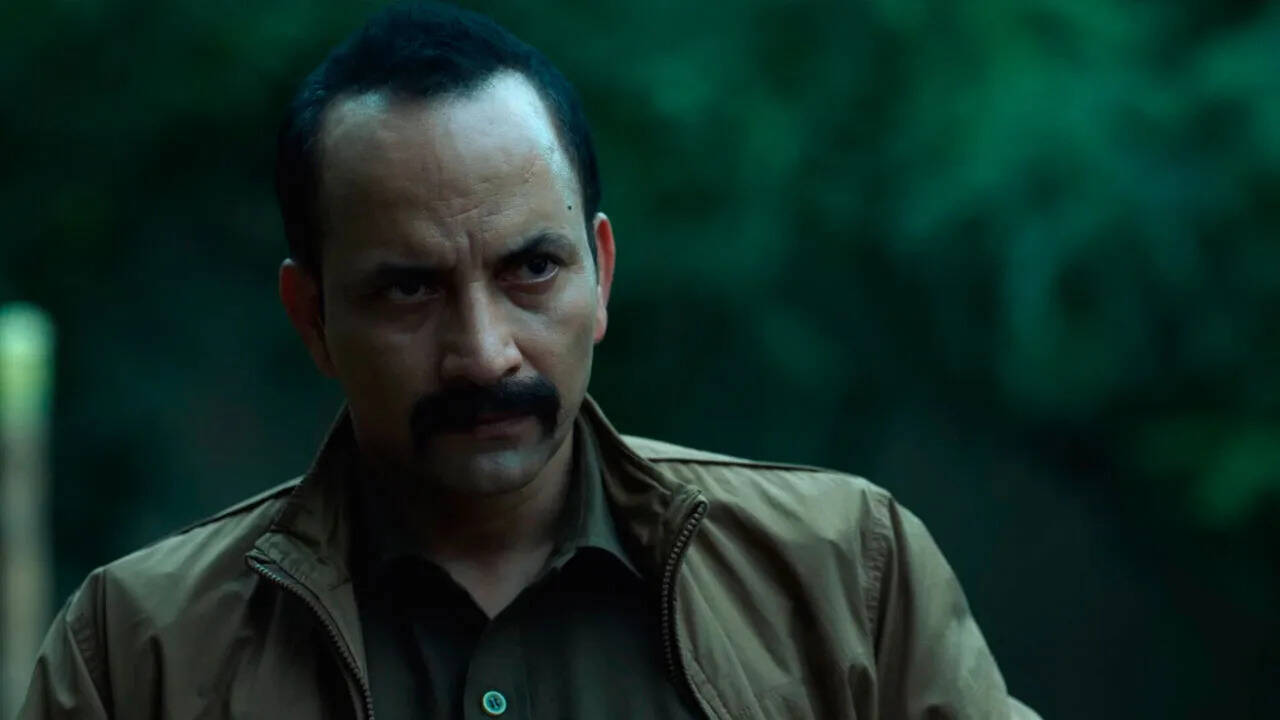Sector 36 Movie Review

Sector 36 is a Hindi-language crime thriller that has already got a lot of interest from audiences with its riveting premise and intense story. Directed by Aditya Nimbalkar and produced by Dinesh Vijan's Maddock Films, this film refuses to be formulaic and instead is a deep dive into the pieces of crime, double-dealing, and psychological tension. With a pacy screenplay and terrific performances, Sector 36 gives audiences a haunting glimpse into the world of crime and how power impacts even people with the best intentions.
Plot Overview: A Missing Person, A Darker Conspiracy
The plot of Sector 36 begins with a mundane case involving a missing person and while it starts as an ordinary police investigation, it soon spirals into something much darker and more sinister. The lead police officer, a hard-nosed yet dedicated (Vikrant Massey), gets a call about a missing man from Sector 36, a fictional neighborhood in the narrative in which the residents are riddled with neglected unsolved crimes and hidden unsavory secrets.

As the story goes deeper, the hero struggles to differentiate between right and wrong. What is building as a simple case of a missing man alters into a conspiracy-laden with lies, suspicion, and an emotionally wrenching backstory. The film has a diverse level of tension, as the plot twists and the layers are creatively and spontaneously structured, allowing the viewer to be blissfully unaware of what is left to be revealed.
Performances: Vikrant Massey Shines
A major strength of Sector 36 is the captivating performances. Vikrant Massey is generally an actor with subtlety, but herehe is outstanding as the morally conflicted officer. It also takes some serious acting chops to portray a character and evoke intensity while also having a relatable vulnerability, and Massey's performance allows the audience to feel the burden of duty, stress, and very visceral internal conflict.
The supporting cast did their jobs well too, the antagonist's character (redacted for spoilers) in particular is expertly scripted, and delivered with properly disturbing conviction. Other key players contribute meaningfully to the narrative, helping build the psychological landscape of the film.
Direction and Cinematography: Grit Meets Realism
Director Aditya Nimbalkar skillfully brings a new directorial style to Sector 36. He is less about overt drama and more about unspoken tension. The film is not bogged down by intense and loud background music or overly dramatic scenes; it believes in its own story and characters to build tension and suspense.
The cinematography done by Avinash Arun effectively portrays the dark nature of urban crime. Arun's shooting locations helped to craft a noir feel to the film, locations such as dark alleyways, wet drab streets, and dark dingy halls. Every shot seemed intentional and featured themes, and symbols, that pertained to the dualities of justice and corruption.
Screenplay and Pace: Tight and Brutal
The script for Sector 36 is sharp and compelling. If it takes time to build the plot it gives the viewer sample breadcrumbs to follow. Dialogues are snappy, and often cryptic or more dry wit. The first half is more about investigation and character development, while the second becomes a gilt-edged thriller.

What one does not see is the film refuses to give easy answers. Instead, it raises uncomfortable questions about the system, human nature, and morality—much like acclaimed thrillers from the West.
Conclusion: A Must-Watch for Thriller Enthusiasts
Sector 36 offers another exhilarating avenue in an otherwise uninteresting crime thriller genre in Indian Cinema. It has a gripping story, strong performances, and intelligent direction. It entertains while making you reflect. It isn't simply a story about crime; it’s a story about how far people will go when pushed against a wall.
If you love intelligent storytelling with suspense plus a conscience, Sector 36 is a must-see.



